Each year, the Washington University Medical Center Alumni Association has the distinct pleasure of honoring a select group of alumni whose professional achievements, service to the community and dedication to our institution are noteworthy.
The WUMCAA Alumni Awards Subcommittee evaluates nominations each fall as part of the selection process. The Alumni Association Executive Council has the final voting decision.
WashU Medicine Alumni Achievement Award
Awarded to a WashU Medicine MD Alum who is celebrating a reunion year. The recipient must have distinguished achievements in their community, profession or through their service to the Washington University Medical Center. Eligible recipients have not previously received a WashU Medicine Alumni Achievement Award. Award reserved for alums celebrating more than 25 years of graduation.
WashU Medicine Alumni Emerging Leader Award
This award honors a WashU Medicine MD recent graduate celebrating a reunion year who is early in their career for achievement through leadership, education or service in their professional or volunteer life. Nominees have shown outstanding promise or have made achievements in medicine, through service to WashU Medicine or the WashU Medicine alumni community or reached a notable level of personal, professional or volunteer success since graduating. Eligible recipients have not previously received a WashU Medicine Alumni Achievement Award. Award reserved for alums celebrating 20 years or less since graduation. Recipients are eligible for the WashU Medicine Alumni Achievement Award five years after receiving the Emerging Leader Award.
Eligibility: WashU Medicine alumni members of one of the current year’s MD reunion classes. Nominate alumni who graduated in a class year ending in 2 or 7 for a 2027 award through Nov. 13, 2025. Awardees will be recognized during the 2027 Celebration Weekend.
2026 award recipients
Congratulations to our 2026 Alumni Achievement Award recipients!
WashU Medicine Alumni Emerging Leader Award
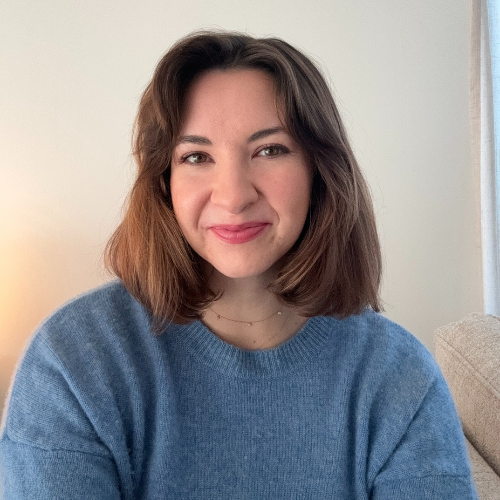
Margaret Duncan, MD ’21, is a child and adolescent psychiatry fellow at Massachusetts General Hospital and McLean Hospital with a strong commitment to innovative approaches to psychiatry care and education, and to fostering health and creativity among practitioners.
While still a psychiatry resident at Brigham and Women’s Hospital and Harvard Medical School, Duncan showed early leadership in teaching and in using creativity in media to foster mental health. As an educator, she developed and implemented a new lecture series about psychotherapy across diagnoses and theoretical practices. In her chief residency year, she received the Brigham and Women’s Psychiatry Senior Resident Teaching Award.
Also during her residency years, Duncan initiated a narrative medicine group to support Boston-area psychiatry trainees, focusing on building resilience and creativity through writing; her own articles about mental health and evidence-based approaches to simple lifestyle components of mental well being have been featured in major media outlets. In addition, Duncan forged a strong social media presence, including co-hosting the podcast “How to Be Patient” which in its first year has grown to 30,000 monthly listeners. She writes for the lay population online and on her newsletter platform about wellness and health trends and misinformation, encouraging creative, gentle, and evidence-based approaches for self-care and general wellbeing.
Her clinical interests include eating disorder treatment in adolescent and peripartum women, medical education around psychotherapy for psychiatry residents, and the clinical implications of social media and digital technology use in psychiatric populations.
Duncan earned her bachelor’s degree from the University of Notre Dame in pre-professional studies and theological studies. She then turned to medicine, earning her medical degree from WashU Medicine, where she received the Psychiatry Medical Student Award. She began her psychiatry residency at Brigham and Women’s Hospital and Harvard in 2021 and is now completing her fellowship training at Massachusetts General Hospital and McLean Hospital in child and adolescent psychiatry. She hopes to practice in clinical care for eating disorders at transition points from childhood through pregnancy in the lifespan.
WashU Medicine Alumni Achievement Award
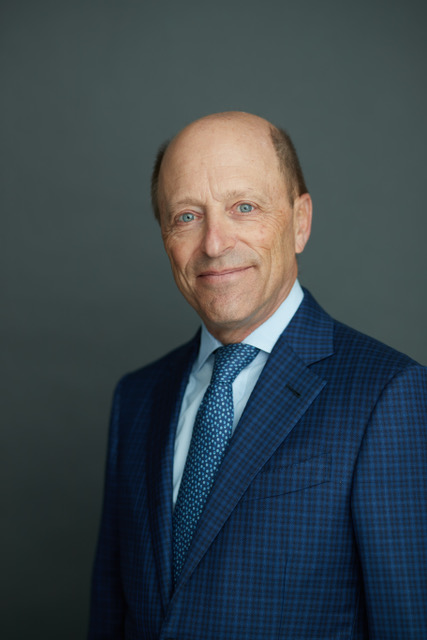
Mark Camel, MD ’81, HS ’87, recently retired from the practice of neurosurgery. He currently serves on the board of directors of Spire Orthopedic Partners, the advisory board of MedTex Ventures LLC, and is a senior advisor in health care ventures at Brighton Park Capital.
Camel envisioned the possibility of combining specialty practices in neurosurgery and orthopedics under one roof, which would deliver best practices to patients and provide synergy for doctors in private practice. In pursuit of this vision, he co-founded Orthopedic and Neurosurgery Specialists (ONS) in 1998. The practice began with seven surgeons. To date, it has 35 surgeons and provides expertise in orthopedics, neurosurgery, physiatry, and rheumatology. Camel and his team built patient-oriented, state-of-the-art ancillary services including MRI and X-ray imaging, a six-suite ambulatory surgery center, and physical therapy rehabilitation suites. Camel was an early advocate in the adoption of digital technology for medical records, imaging, and optimization of the RCM function.
In 2015, the ONS Foundation for Clinical Research and Education (ONSF) was established to provide research funding and a clinical laboratory to ONS team members. ONSF papers have been published in peer-reviewed journals, and the physician authors have presented their research findings at global conferences. The ONSF offers a competitive year-long internship to college graduates seeking medical experience prior to attending medical school. It also promotes interest in medical careers with week-long summer programs for high school students. Camel helped conceive and administer the ONSF as a founder and trustee.
In 2019, ONS took on an investment partner and became known as Spire Orthopedic Partners (Spire). This entity incorporates 175 physicians in Connecticut, New York, Rhode Island, and Massachusetts.
Previously, Camel served on the board of directors of the Congress of Neurological Surgeons, including a term as its vice president. He also served two terms on the board of trustees of the Brunswick School, a preparatory school for boys in Greenwich, Connecticut.
Camel earned his bachelor’s degree from the University of Rochester and completed his medical degree at WashU Medicine in 1981. He continued his medical training with a neurosurgery residency and chief residency at Barnes Hospital, now Barnes-Jewish Hospital, followed by a research fellowship in WashU Medicine’s Department of Pharmacology, where he studied the molecular biology of pituitary tumors and astrocytoma as a member of the laboratory directed by Irving Boime, PhD.
Camel is a fellow of the American Association of Neurological Surgeons. He has been recognized for his neurosurgery practice many times by Castle Connolly, New York Magazine, and Connecticut Magazine.
As an advocate and supporter of WashU, Camel led the establishment of an endowed lectureship honoring his father, H. Marvin Camel, MD, who co-founded and then led the WashU Medicine Department of Obstetrics and Gynecology’s Division of Gynecologic Oncology. Camel is a past member of the New York Regional Cabinet. He contributed to the Andrew M. and Jane M. Bursky Center for Human Immunology and Immunotherapy Programs, the Class of 1981 Scholarship, and the annual fund as a member of the Eliot Society.
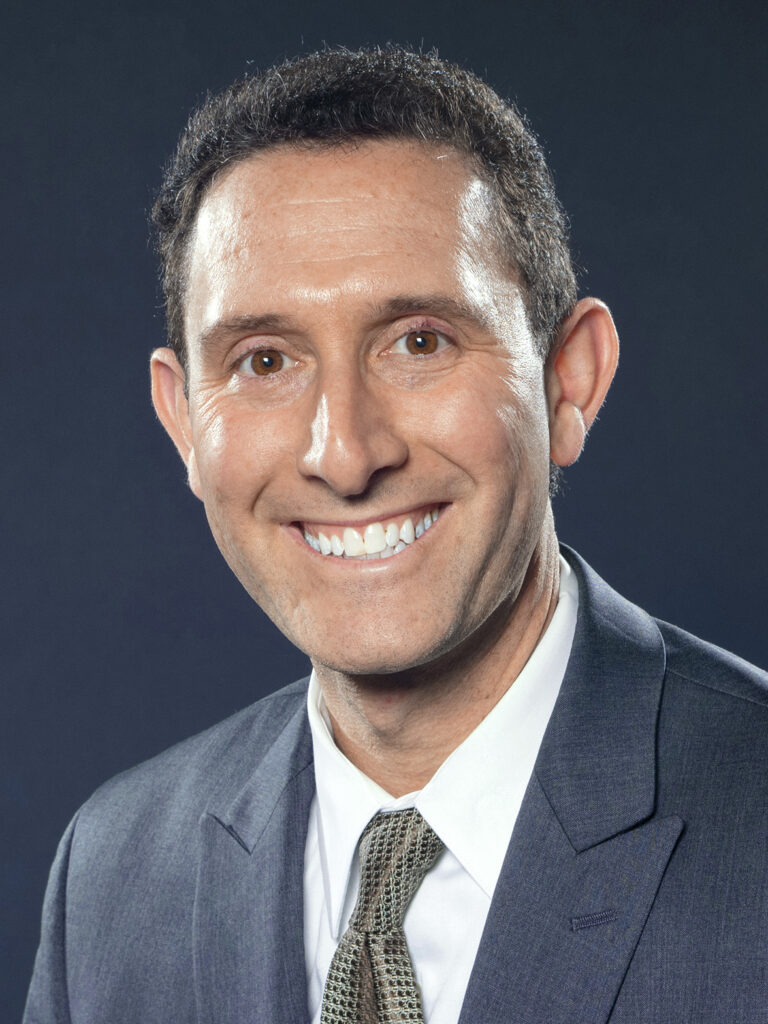
S. Andrew Josephson, MD ’01, is chair of the Department of Neurology and the Carmen Castro Franceschi and Gladyne K. Mitchell Neurohospitalist Distinguished Professor at the University of California, San Francisco (UCSF). He is recognized as a national leader and pioneer in the field of neurohospitalist medicine, a specialty that focuses on the care of hospitalized patients with neurological conditions.
Josephson established the nation’s first neurohospitalist practice and fellowship training program at UCSF in 2006. Two years later, he published the first research paper describing this model of care, explaining that it was driven by the need for inpatient providers who could manage the delivery of newly developed time-sensitive treatments for stroke and other neurologic conditions. Over time, neurohospitalist medicine has become the dominant model of inpatient care in academic and community settings.
Throughout Josephson’s time at UCSF, his work has focused heavily on this specialty. His research interests include improving models of inpatient neurologic care delivery, quality and safety in hospitalized patients, neurologic education, delirium, and the contribution of stroke to dementia. Josephson co-founded the national Neurohospitalist Society in 2011 and partnered with other centers to examine outcomes of patients treated by hospital-based neurologists. He serves as the editor-in-chief of JAMA Neurology and gives frequent invited lectures nationwide. In his clinical work, Josephson specializes in neurovascular and other neurologic disorders, caring for general neurology and stroke patients in the hospital as well as in clinic.
Throughout his career at UCSF, Josephson has been honored with numerous teaching awards from medical students and residents. He is an elected fellow of the American Neurological Association and a fellow of the American Academy of Neurology.
Josephson earned his bachelor’s degree from Stanford University in 1993 and his medical degree from WashU Medicine in 2001. He completed an internship in internal medicine and a residency in neurology at UCSF, where he was chief resident. He also completed fellowships in neurovascular neurology and behavioral neurology at UCSF and is board certified in both vascular neurology and neurocritical care. A former member of the WashU Medical Center Alumni Association (WUMCAA) Executive Board, he currently serves on the Alumni Board of Governors for WashU and the WashU Medicine National Council.
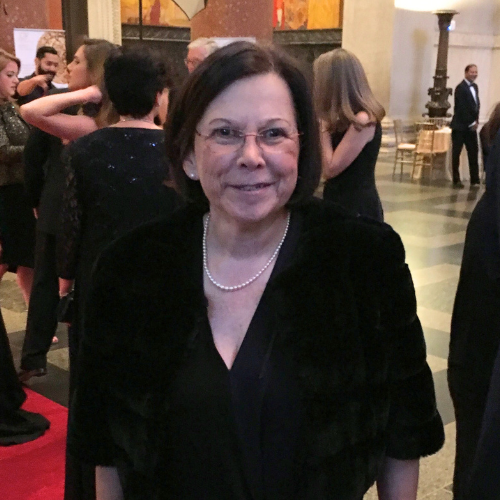
Randi Leavitt, MD ’78, PhD ’78, is a renowned figure in infectious diseases research whose 30-year career at Merck has made substantial contributions to the fight against HIV and the improvement of patient outcomes worldwide.
Now retired, Leavitt joined Merck in 1992, where she played a pivotal role within the company’s infectious diseases clinical research team. During her tenure, she held several positions, including distinguished scientist for clinical research, senior director of clinical research, and executive director of clinical research. Among her many accomplishments, Leavitt led groundbreaking research programs that resulted in the development of life-saving HIV treatments, such as indinavir and raltegravir. These drugs have been instrumental in improving health and quality of life for individuals receiving HIV combination therapy.
In addition, she spearheaded global clinical trials for the medication letermovir, which helps to prevent the serious complication of cytomegalovirus infection in patients undergoing hematopoietic stem cell transplantation. Beyond her research, Leavitt was highly respected for her mentorship, collaborative spirit, and unwavering commitment to global health.
Leavitt began her academic journey at Brooklyn College of the City University of New York, where she earned her bachelor’s degree. She then earned her medical and doctoral degrees in 1978 from WashU’s Medical Scientist Training Program, now named the Roy Vagelos Medical Scientist Training Program. Throughout the years, she has maintained close ties with WashU through her sustained philanthropic support of the MSTP Fellowship Fund and as an Eliot Society Benefactor. In addition, she is an active participant in alumni activities and serves on the Philadelphia Regional Cabinet.
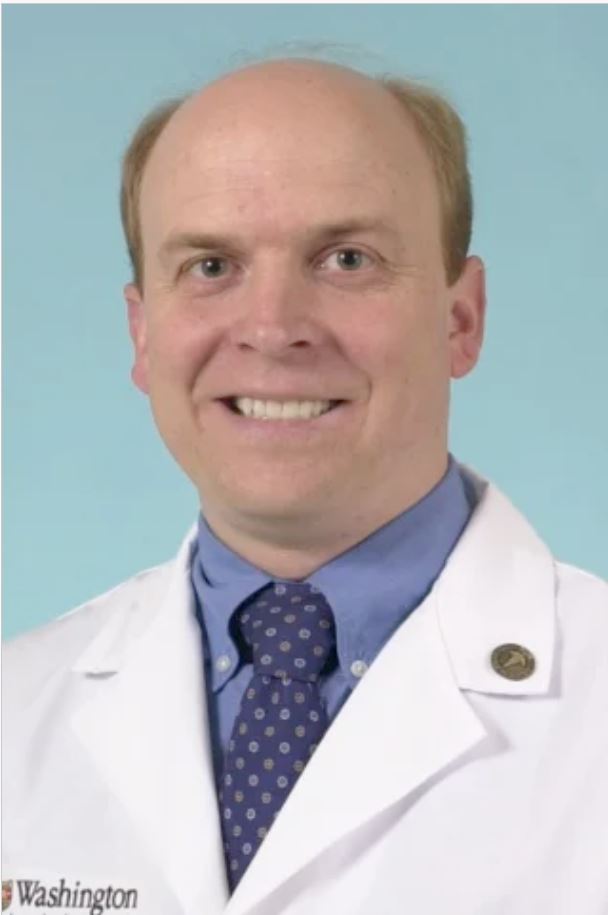
Rodney Newberry, AB ’87, MD ’91, HS ’99, is the Dr. Nicholas V. Costrini Professor of Gastroenterology and Inflammatory Bowel Disease at WashU Medicine. He is a gastroenterologist physician-scientist known for major contributions to understanding gut immunity.
Rodney Newberry, AB ’87, MD ’91, HS ’99, is the Dr. Nicholas V. Costrini Professor of Gastroenterology and Inflammatory Bowel Disease at WashU Medicine. He is a gastroenterologist physician-scientist known for major contributions to understanding gut immunity.
Newberry trained and has spent his professional life at WashU, embodying the institution’s standards of excellence and collegiality. In his 27th year on the WashU Medicine faculty, he has distinguished himself as an exemplary clinician, a mentor to dozens of young scientists and physician-scientists, helping to establish their independent careers, and a pioneering scientist.
Newberry’s research explores how the gut immune system, while existing in an environment containing trillions of microbes, maintains the delicate balance to tolerate innocuous substances, such as those from diet, while also being able to rapidly mount inflammatory responses to fight pathogens. These studies have revealed mechanisms preventing inappropriate inflammatory responses in the gut, a process underlying inflammatory bowel diseases. His group also discovered the process by which specialized epithelial cells lining the intestine, goblet cells, take up and deliver luminal dietary and microbial antigens to the gut immune system. Their work defined how this process is regulated, demonstrated its essential role in gut health, linked it to multiple immune pathologies, and established its potential as a therapeutic strategy in humans.
Newberry earned his bachelor’s degree in biology in 1987 and medical degree in 1991 from WashU. He trained as an intern and resident at Barnes Hospital and was a gastroenterology fellow at WashU Medicine. He joined the WashU Medicine faculty in 1999, became a professor in 2016, and was awarded his endowed professorship in 2020. In 2023, Newberry was named WashU Medicine’s third Danforth Physician-Scientist Scholar, a distinction that both recognizes and financially supports his research. He has been honored by multiple national and international societies including the American Gastroenterological Association and the Society for Mucosal Immunology, where he currently holds the position of president. He has held numerous editorial responsibilities with major journals and served on numerous external professional boards and committees, including for the National Institutes of Health (NIH).
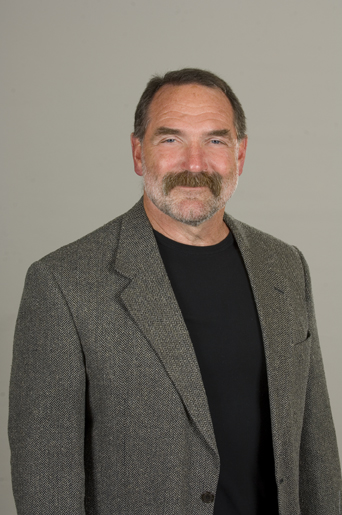
Michael Pfaller, MD ’76, HS ’83, professor emeritus of pathology at the University of Iowa College of Medicine, is renowned for his 50 years of major contributions to the advancement of clinical microbiology, infectious disease diagnostics, and antimicrobial surveillance. Through his pioneering work in the development and implementation of international antimicrobial surveillance programs, he is credited with shaping the understanding of antimicrobial resistance trends worldwide.
Pfaller earned his bachelor’s degree in 1972 from Linfield College in McMinnville, Oregon, and his medical degree from WashU Medicine in 1976. He completed his medical training with a surgery internship at Jewish Hospital, followed by residency and chief residency in laboratory medicine at Barnes Hospital, now Barnes-Jewish Hospital, and a research fellowship at WashU Medicine studying microbiology and infectious disease.
From there, he joined the faculty of the University of Iowa Hospitals in Iowa City, Iowa, where he established himself as a highly prolific and influential researcher as well as a gifted mentor. After several years at the University of Iowa, he spent roughly three years as a professor and vice chair in the Department of Pathology at Oregon Health Sciences University, then returned to finish his career at the University of Iowa, where he remains a professor emeritus.
Pfaller has published more than 700 scientific papers and creative works on topics including antimalarials, nosocomial infections, antibiotic interactions, and advances in culturing fungi and bacteria. His publications have become essential references in clinical microbiology and infectious diseases research. He co-wrote and now edits the Manual of Clinical Microbiology, which is widely described as the most authoritative reference in the field and is now in its 13th edition. Over his long and renowned career, Pfaller has shared his expertise at more than 90 conferences and invited lectures in the United States, Europe, and Asia. His seminal contributions have been recognized with awards from the Medical Mycological Society of the Americas and the American Society for Microbiology. He is a fellow of the American Academy of Microbiology and the Infectious Disease Society of America
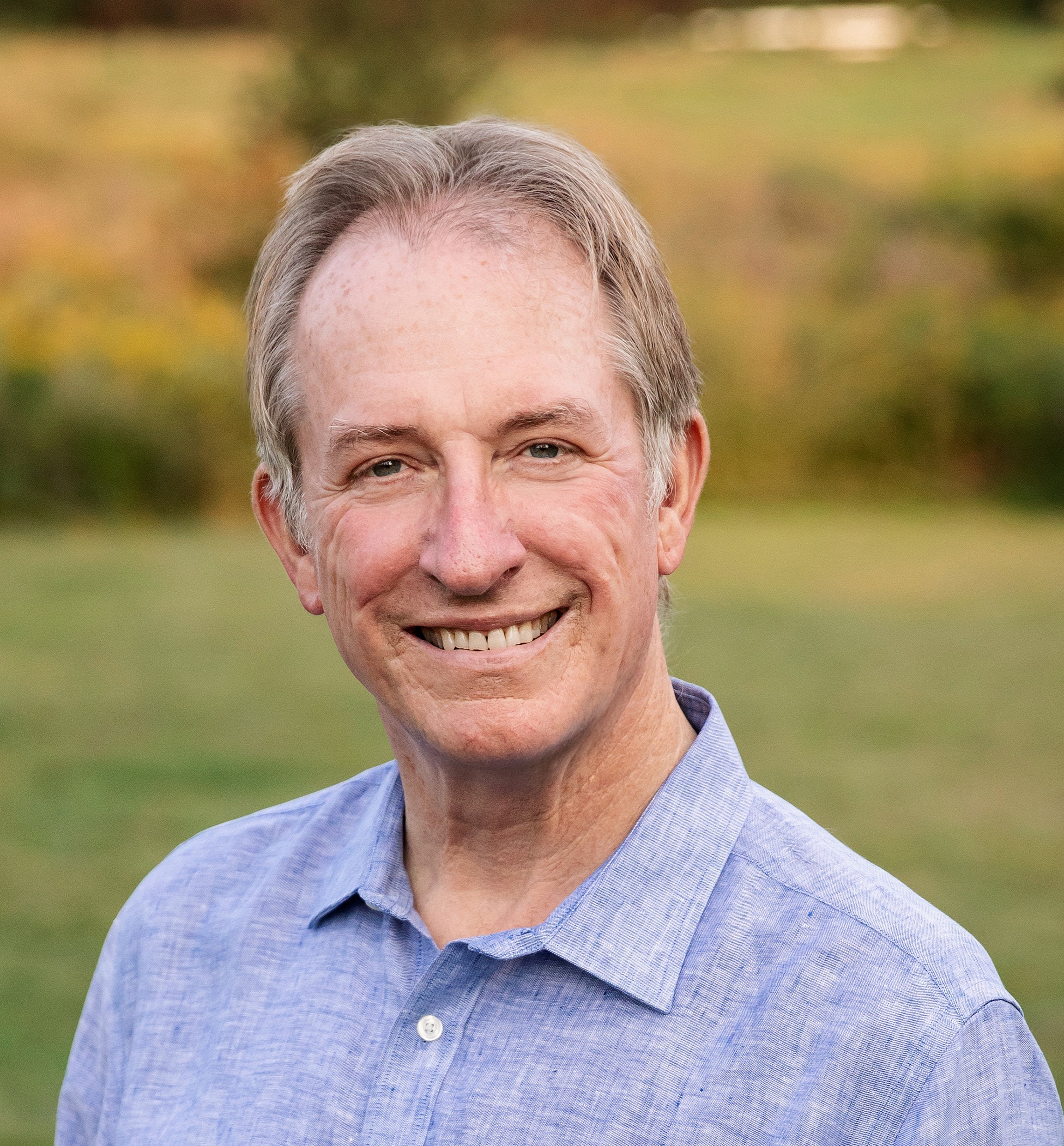
Charles L. Raison, MD ’91, is a professor of human ecology and psychiatry at the University of Wisconsin-Madison School of Medicine and Public Health. An internationally recognized psychiatrist and researcher, he has profoundly shaped the understanding of the biological and experiential foundations of mental health.
During his long and influential career, Raison has taken a multifaceted approach to psychiatry, integrating biology with cultural, evolutionary, and humanistic perspectives. This approach is rooted in his diverse educational background; he earned his bachelor’s degree in anthropology from Stanford University and then a master’s degree in English from the University of Denver before turning to the field of medicine. He completed his medical degree at WashU Medicine in 1991, followed by psychiatry residency and chief residency at the University of California, Los Angeles and a fellowship at the University of Denver.
Raison’s seminal research on the interface between the immune system and mood disorders has transformed the understanding of how immune dysregulation leads to psychiatric illness, paving the way for new therapeutic approaches. In addition, he was among the first investigators to show that psychosocial interventions such as compassion meditation and contemplative practices have measurable effects on immune and endocrine function. More recently, he has been instrumental in the resurgence of psychedelic medicine and has pioneered hyperthermia as a novel treatment for depression. As director of clinical and translational research at the Usona Institute, he leads research on psilocybin and other novel treatments for major depression. In this area, he has collaborated with WashU Medicine researchers Ginger Nichol, MD, and Nico Dosenbach, MD, PhD, to conduct groundbreaking work explaining the brain mechanisms underlying the psychedelic experience.
In addition to his roles at the University of Wisconsin-Madison, Raison is director of the Vail Health Behavioral Health Innovation Center in Edwards, Colorado, and founding director of the Center for Compassion Studies at the University of Arizona. He has been named among the world’s most influential researchers for the decade of 2010-2019 by the research database Web of Science and was recognized with the Raymond Pearl Memorial Award from the Human Biology Association.
Past award recipients
2025
Emerging Leader Award Recipients
Angela C. Hirbe, AB ’01, MD’09, PhD ’09, HS ’11, HS ’13, HS ’16
Kory Lavine, MD ’08, PhD ’08, HS ’10, HS ’13
R. Coleman Lindsley, MD’08, PhD ’08
Distinguished Alumni Award Recipients
David B. Clifford, MD ’75, HS’ 77, HS ’80, HS ’81
Katherine Y. King, MD’03, PhD ’03
Barbara S. Monsees, MD ’75
David G. Mutch, MD ’80
2024
David Lubarsky, MD ’84 LA ’80
Bruce Molitoris, MD ’79 HS ’79
Margaret Shipp, MD ’79
Barry Siegel, MD ’69 LA ’66
Bruce Wintroub, MD ’69
2023
Vineet Arora, MD ’98
Carol North, MD ’83, HS ’87, ’90; GME ’93
Audrey Rostov, MD ’88, HS ’92
Richard Wahl, MD ’78, HS ’82, ’83
2022
Pamela G. Freeman, MD ’77
Jondavid Menteer, MD ’97
Leana S. Wen, MD ’07
2021
Sam B. Bhayani, MD ’96, HS ’98, HS ’02
Ellen F. Binder, MD ’81
Gary D. Luker, MD ’91
Mark A. Mintun, MD ’81, HS ’85
Jeffrey G. Ojemann, MD ’92, HS ’99 (reunion year ’91)
Janice Wann Semenkovich, MD ’81
2020
George A. Mensah, MD ’85
Scott A. Mirowitz, MD ’85, HS ’89
Bradley L. Schlaggar, MD/PhD ’94, HS ’99 (reunion year ’90)
James L. Sweatt III, MD ’62
Peter Westervelt, MD/PhD ’92; HS ’94, HS ’99 (reunion year ’90)
2019
Andrew C. Chan, MD/PhD ’86, HS ’89 (reunion year ’84)
Ann Randolph Flipse, MD ’59, HS ’61
Gurjit K. Khurana Hershey, MD/PhD ’92, HS ’97 (reunion year ’89)
William E. Klunk, MD/PhD ’84
Mary V. Mason, MD ’94, HS ’98, MBA ’99
2018
Richard J. Auchus, MD/PhD ’88
Brad T. Cookson, MD/PhD ’91
Mark E. Frisse, MD ’78, HS ’82, MBA ’97
V. Michael Holers, MD ’78, HS ’85
Lisa M. Moscoso, MD/PhD ’98, HS ’02
2017
Thomas R. Burklow, MD ’87
J. William Campbell, MD ’77, HS ’80
Gary A. Ratkin, MD ’67, HS ’72
Charles W.M. Roberts, MD/PhD ’95
2016
Robert H. Allen, MD ’66, HS ’76
Nancy L. Bartlett, MD ’86
Deborah Veis Novack, PhD/MD ’95, HS ’00
C. Leon Partain, PhD, MD ’75
Eric T. Vaughn, MD ’91
2015
William A. Blattner, MD ’70
C. Robert Cloninger, MD’70, HS
Ellen Li, MD/PhD ’80
Joseph R. Williamson, MD ’58
2014
Jerry Cohen, MD ’64, HS ’71
C. James Holliman, MD ’79
Charles C. Norland, MD ’59
J. Andy Sullivan, MD ’69, HS ’74
2013
John Constantino, MD ’88
Sandeep Jauhar, MD ’98, PhD
Joseph K.T. Lee, MD ’73
Stephen Young, MD ’78
2012
Keith Bridwell, MD ‘77
Warner C. Greene, MD, PhD ’77
Gary S. Rachelefsky, MD ‘67
Pejman Salimpour, MD ‘87
2011
Richard L. Baron, MD ’76
Michael J. Lenardo, MD ’81
Kathleen Brogan Schwarz, MD ’72
Ira A. Tabas, MD ’81
2010
Floyd E. Bloom, MD ’60
Dan R. Littman, MD ’80
2009
Michael Georgieff, MD ’79
David Hussey, MD ’64
2008
R. Edward Coleman, MD ’68
Charles O. Elson, III, MD ’68
Alexander Gottschalk, MD ’58
James P. McCulley, MD ’68
2007
Michael Adams, MD ’67
David D. Chaplin, MD ’80, PhD ’80
Guido Guidotti, MD, PhD ’57
John H. Stone III, MD ’62
2006
Marshall E. Bloom, MD ’71
Willard B. Walker, MD ’46
2005
James E. Darnell Jr., MD ’55
Eric D. Green, MD, PhD ’87, HS ’91
2004
Danny O. Jacobs, MD ’79
David E. Smith Jr., MD ’44
2003
Barry M. Farr, MD ’78
W. Allan Walker, MD ’63
2002
Ewald W. Busse, MD ’42
Robert D. Fry, MD ’72
Charlotte D. Jacobs, MD ’72
Clifford B. Saper, MD, PhD ’77
2001
Herbert T. Abelson, MD ’66
Theodore C. Feierabend, MD ’51
Frank Vellios, MD ’46
2000
Clay M. Armstrong, MD ’60
Richard L. Landau, MD ’40
William T. Shearer, MD, PhD ’70
1999
C. Garrison Fathman, MD ’69
Robert E. Hermann, MD ’54
Carolyn Robinowitz, MD ’64
1998
William B. Blythe, MD ’53
John I. Sandson, MD ’53
Lynn M. Taussig, MD ’68
1997
John M. Eisenberg, MD ’72
Helen Hofsommer Glaser, MD ’47
Kenneth R. Smith Jr., MD ’57
1996
Gladden V. Elliott, MD ’46
Lowell A. Gess, MD ’51
Larry J. Shapiro, MD ’71
1995
Philip O. Alderson, MD ’70
Dennis P. Cantwell, MD ’65
Margaret C. Telfer, MD ’65
1994
Samuel P. Bessman, MD ’44
A. Martin Lerner, MD ’54
Raymond G. Schultze, MD ’59
1993
Joseph M. Davie, MD, PhD ’68
Gerald T. Perkoff, MD ’48
Edwin W. Salzman, MD ’53
1992
Harry S. Jonas, MD ’52
Brent M. Parker, MD ’52
Robert D. Utiger, MD ’57
1991
Ronald G. Evens, MD ’64
Lawrence W. O’Neal, MD ’46
Meredith J. Payne, MD ’50
1990
Purnell W. Choppin, MD, HS
Leonard Jarett, MD ’62
Dorothy D. Reister, MD ’50
1989
Richard ‘David’ Aach, MD ’59
Charles L. Eckert, MD ’39
Jonathan Mann, MD ’74
1988
Henry L. Barnett, MD ’38
Edwin G. Krebs, MD ’43
Seymour Reichlin, MD ’48
1987
Pedro Cuatrecasas, MD ’62
Alfred Gellhorn, MD ’37
C. Barber Mueller, MD ’42
1986
Robert M. Filler, MD ’56
Thomas F. Hornbein, MD ’56
Kenneth E. Pletcher, MD ’36
1985
Ralph Berg Jr., MD ’45
John P. Roberts, MD ’45
Richard A. Sutter, MD ’35
1984
Daniel Nathans, MD ’54
Albert L. Rhoton Jr., MD ’59
David W. Talmage, MD ’44
1983
Jack Barrow, MD ’46
Russell J. Blattner, MD ’33
C. Read Boles, MD ’43
Samuel D. Soule, MD ’28
1982
Carroll Behrhorst, MD ’47
George Sato, MD ’47
Hugh E. Stephenson Jr., MD ’45